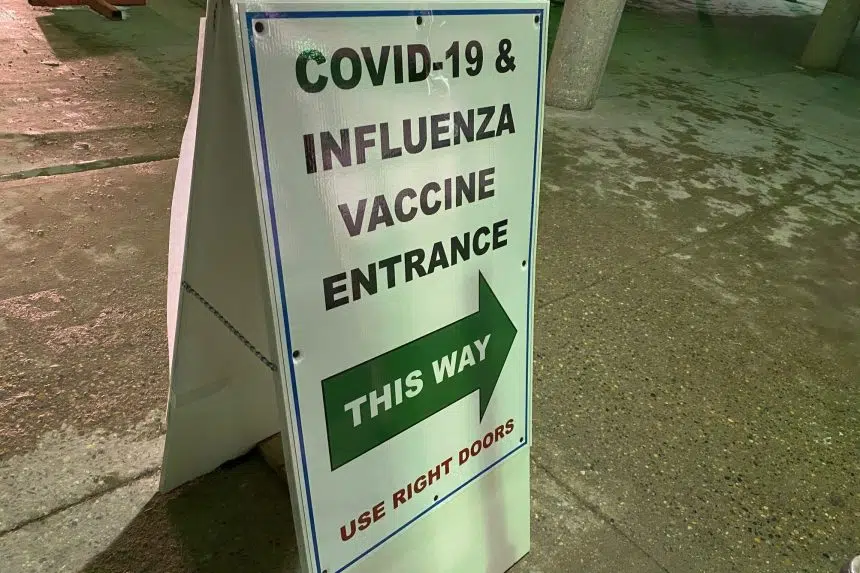The data out on the Omicron variant isn’t vast, nor nearly complete, but there are some initial findings to be aware of.
Dr. Darryl Falzarano, a research scientist with the Vaccine and Infectious Disease Organization (VIDO) at the University of Saskatchewan, said everything known about the virus currently is extremely preliminary.
“Nobody has any solid evidence of exactly what Omicron is going to do,” he explained.
Currently, however, the data gathered suggests the new COVID-19 variant is exceptional at spreading. Falzarano said that could be because it seems to be very good at replicating in the upper respiratory tract.
In fact, Omicron has been quickly displacing the Delta variant in some places.
Less is known about how severe Omicron illnesses are. Falzarano said the pathogenesis of the variant — whether it’s making people more or less sick — is too early to diagnose.
“Especially because it has moved through populations that had a fair amount of pre-existing immunity either from a previous infection or from some vaccination rates,” Falzarano explained.
In his opinion, it is unknown whether the virus will result in more people in the hospital.
With Saskatchewan just recovering from a fourth wave that put huge strains on the health-care system, a possible fifth wave and more hospitalizations might be unavoidable.
“If it’s as transmissible as it appears to be … even if the percentage of hospitalizations is not as high as in the fourth wave, you’re still going to see an increase in hospitalizations, I think, unless this virus is so attenuated,” Falzarano said.
He thinks a scenario similar to the fourth wave might unfold, where hospitalizations occur predominantly in those who are unvaccinated, who have just received a first dose, or who are members of high-risk populations.
But right now, Falzarano said the numbers aren’t showing as many hospitalizations due to Omicron, just growing case numbers.
With the potential for Omicron to be less severe comes the question of potential herd immunity. That’s a big, ongoing experiment and something difficult to control, Falzarano cautioned.
Ultimately, like many aspects of Omicron, it’s still unknown.
“I’m sure it’s still going to make vulnerable populations sick and some people are still going to end up in ICUs and some people are going to die even if it has lower pathogenicity than previous variants,” Falzarano said.
Vaccine impact
The announcement Thursday by the Saskatchewan government that booster shots are now available for anyone at or over the age of 18 in the province appeared to be positive for helping keep Omicron at bay.
“It looks like this variant is more resistant to neutralizing antibodies from previous exposures or from previous vaccinations,” Falzarano said.
It appears vaccination and previous illness might help to make you less susceptible, but infection so far seems to be impacting those vaccinated and not.
He added some data seems to show a third booster shot of the COVID-19 vaccine might help increase protection against Omicron. There isn’t full data to support that theory yet, however.
The main takeaway this time, Falzarano said, is people need to be getting their booster shots and if they haven’t been vaccinated at all, “it’s time … Actually it’s way past time.”
When to get a third dose
With the province’s announcement that booster eligibility in Saskatchewan has been expanded came the information that anyone can get their third shot as early as three months after receiving their second.
Falzarano said there are advantages to getting that third dose sooner, and advantages to waiting.
He said his guess would be that the difference between a five- or six-month wait time for the 50-and-older category is “splitting hairs,” but there might be some difference between waiting three and six months.
“Not in terms of safety but in terms of long-term and quality of the protection might not be as good as if you were to wait that extra few months,” Falzarano explained.
That will mean people getting their vaccine will have to balance the risk of a potential shorter boost in protection, sooner, as opposed to longer-term protection from waiting a bit more to get their shot.











